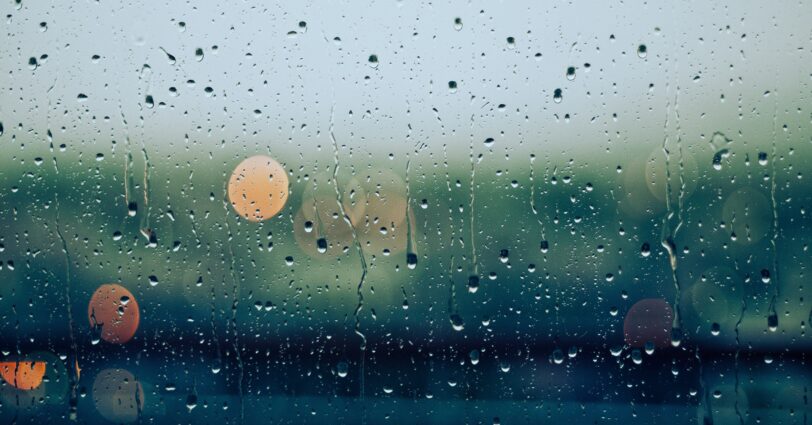
Before a hurricane arrives, there is much uncertainty, there could be increased fear, worry, and even triggered PTSD. We share some tips on how best to prepare for a hurricane.
The Calm Before and After the Storm
The word hurricane comes from the Spanish word Huracán. Spanish settlers first learned about Huracán from native Tainos in the Caribbean. For the Tainos, who also settled in Florida, Juracán was a goddess of destruction, her power was the wind. In Mayan culture, Hurakán was the god of fire, wind and storm. Hurakán can be found in other native tongues such as Quechua in South America. As we see through history, we can trace the use of the word hurricane from North America to South America as one of those gifts from the new world, to the old world. It is a word that carries much weight in our language for more than 500 years representing intense winds and destruction. Naturally, for our survival, the word hurricane awakens a reaction.
When hurricane season approaches, there are some names that strike a chord. For me those are Hugo, Georges, Irma, and vicariously Andrew, Harvey, Katrina and Maria. There are other names that have also passed from generation to generation and you mention with respect such as San Ciriaco and San Felipe which truly changed history. Taking a trip down memory lane, what I remember most about those hurricane experiences was being home with my family, listening to the news on the radio, watching together a small battery operated TV, playing games, and having an enhanced sense of community. I remember a neighbor handling some ice that he bought at another town; in our eyes, he was as big as an Avenger. We all contributed with what we had.
Before a hurricane arrives, there is much uncertainty, there could be increased fear, worry, and even triggered PTSD. I remind myself of my previous experiences to decrease my stress and reassure my kids that we are going to be okay. Small children and those older but with no hurricane experience can feel scared. How the adults around them handle the situation will have an impact in their life.
How can we prepare our kids for a hurricane?
Before the storm arrives:
- Ask them what they know about hurricanes.
- Clarify information and help them to learn what a hurricane is.
- Explain to them what they should expect.
- Talk about preparations to enhance their sense of safety.
- Give them tasks to help the family prepare. This can include gathering flashlights or batteries, charging cell phones, or storing patio furniture.
- If they have been through other hurricanes, talk about their previous experiences. If they were small, they might not remember but knowing they have already lived through one or more can help them feel more secure.
During the storm:
- Remain calm. Your children very possibly will become more scared or worried if they notice you are afraid or stressed out.
- Supervise media exposure.
- Engage in fun activities to distract their mind.
- Try to continue with your family’s daily routine as much as possible.
- Ask them about their feelings throughout the day and pay special attention if you notice changes in their mood or behavior.
- Offer reassurance and consider extra cuddles at bedtime.
For adults, it can be an overwhelming experience. You are preparing to defend your family and home from natural forces while at the same time trying to keep your cool. We are expecting an unexpected visit and as good hosts, we have to be ready. When we think about how we can be prepared, we are reshifting our thoughts from a place of the unknown, to more of a place of control.
How to prepare for a hurricane:
Safety is a priority. Do you need to secure your windows and doors? Do you need sandbags to avoid water coming in? Do you need to go to a more secure place?
- Enter all patio furniture to avoid debris.
- Have enough water for consumption.
- Buy non-perishable food or easy to cook meals.
- Ensure you have the medicines you need.
- Have battery operated fans, flashlights and extra batteries.
- Portable cell phone chargers, if possible solar/rechargeable.
- Have plenty of indoor activities ready such as books, puzzles, games, cards.
- Read reliable sources on how to prepare for a hurricane CDC Hurricane preparedness, Fema: How to prepare for a hurricane
- Make sure to watch/read the news to stay informed.
- Install weather apps in your cell phone to receive alerts in your area.
Hurricanes are forces of nature, they have been here way before us and will be around for other generations. Remember that as bad as they could be, they will pass, the sun will shine, and we will learn from each of them to be better prepared for the next one.
Dr. Karem Cando is CHE’s Clinical Director for the South Region. She lives in Florida with her husband and two daughters. Dr. Cando enjoys spending time with her family, boating, traveling and visiting fine art museums.



